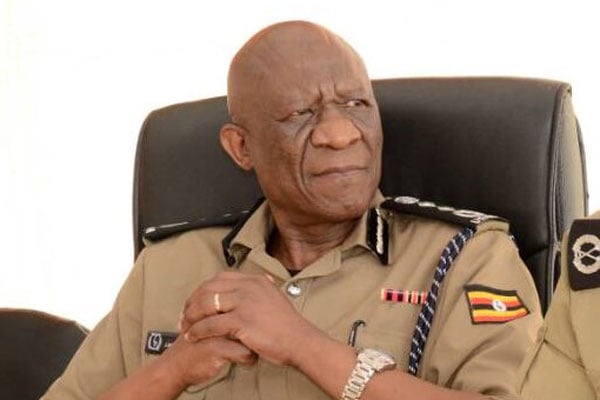Prime
Women are under represented in police - report

Female police officers pictured during the launch of a report on barriers to deployment of women police officers to UN peace operations on Thursday. PHOTO | POLICE PRESS TEAM
The Uganda Police Force (UPF) is concerned about the underrepresentation of women within its operational policing roles.
Police presently has a total staff strength of 43, 717, of which 7, 777 (18.3%) are women.
The data obtained from 28 police regions in the country was conducted by Makerere University Rotary Peace Center between March 2022 and February 2023 to inform the gender interventions that must be undertaken by the Police Force to achieve gender parity in deployment of officers to the United Nations peacekeeping missions.
The meagre percentage of women was of particular concern to the authors of the study and the police leadership, as there have been significant efforts to establish and implement policies and strategies to improve the men-to-women ratio within the force.
According to Prof Hellen Nambalirwa Nkabala, the lead researcher, said there are barriers to women deployment including gaps in the deployment criteria and selection, household constraints, gender roles, insufficient resourcing, gender stereotypes and negative attitude towards women.
“Some of the women in the police force lack the skills for driving manual cars and operating heavy machinery as well as low ICT skills which bring about low proficiency levels,” she remarked.
Prof Nambalirwa made the remarks on Thursday during the launch of a report on barriers to deployment of women police officers to UN peace operations.
According to the report, some of the barriers faced by women when applying for and fulfilling roles in operational policing are related specifically to the recruitment and deployment policies and practices within the force, whereas others constitute general challenges within Ugandan society as a whole that manifest in behaviours which undermine women’s choices.
“It is the interaction of historical policing traditions, societal norms and gender roles, together with institutional factors, values and incentives that leads to fewer women applying for and fulfilling roles in operational policing,” the report reads in part.
The study recommends greater engagement with the public in order to influence changes in social norms; investment in efforts to address institutional and structural factors that constrain women from applying for and fulfilling operational-policing roles; fast tracking implementation of the police gender policy, strategy and action plan as integrated into the UPF Strategy 2020/21–2024/25.
The study also recommends developing gender leadership and technical capacity; and building coalitions of support and accountability with government, academic institutions and civil society.
The deputy Inspector General of Police, Maj Gen Geoffrey Tumusiime Kasigazi, identified that there is a great need for deploying women as peace keeping officers but that they should be able to perform.
“The initial deployment policy used to emphasize male deployment of the peace keeping officers. When such studies were carried out, we realised that there are more women and children refugees and the men are not able to handle such a situation. It is therefore critical that you deploy women to address the fundamentals of that peace operation,” he said.
“We are a fighting force and not a glass as women are portrayed. The complaint that you are not considered [during deployment] could be because you do not measure up,” he added.




